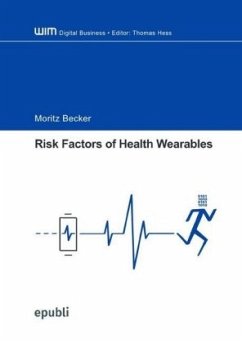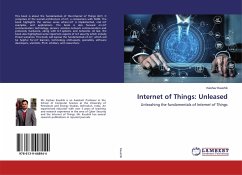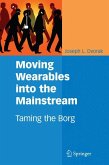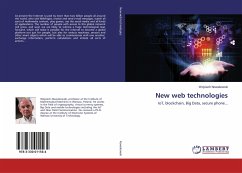Health wearables, such as smart watches, or fitness tracker arisefrom the intersection of healthcare, health informatics, and information systems. They are worn on the body as small digital devices with biometrical sensors to continuously gather personal health data and can be used without the assistance of health professionals. The benefits lead to an increasing diffusion of health wearables and could be the basis for the digitization of healthcare.
However, by continuously gathering intimate personal data, unique risks arise for users of health wearables. This dissertation examines these different risk factors of health wearables by means of four empirical studies.
From a theoretical perspective, this dissertation provides first insights into humans' complex decision-making process concerning privacy and health information risks in a high sensitive data environment of emerging health ITs.
From a practical perspective it provides evidence how specific risks factors can be influenced and how these risks lead individuals to per- ceive the devices as a threat to their health and well-being.
However, by continuously gathering intimate personal data, unique risks arise for users of health wearables. This dissertation examines these different risk factors of health wearables by means of four empirical studies.
From a theoretical perspective, this dissertation provides first insights into humans' complex decision-making process concerning privacy and health information risks in a high sensitive data environment of emerging health ITs.
From a practical perspective it provides evidence how specific risks factors can be influenced and how these risks lead individuals to per- ceive the devices as a threat to their health and well-being.








